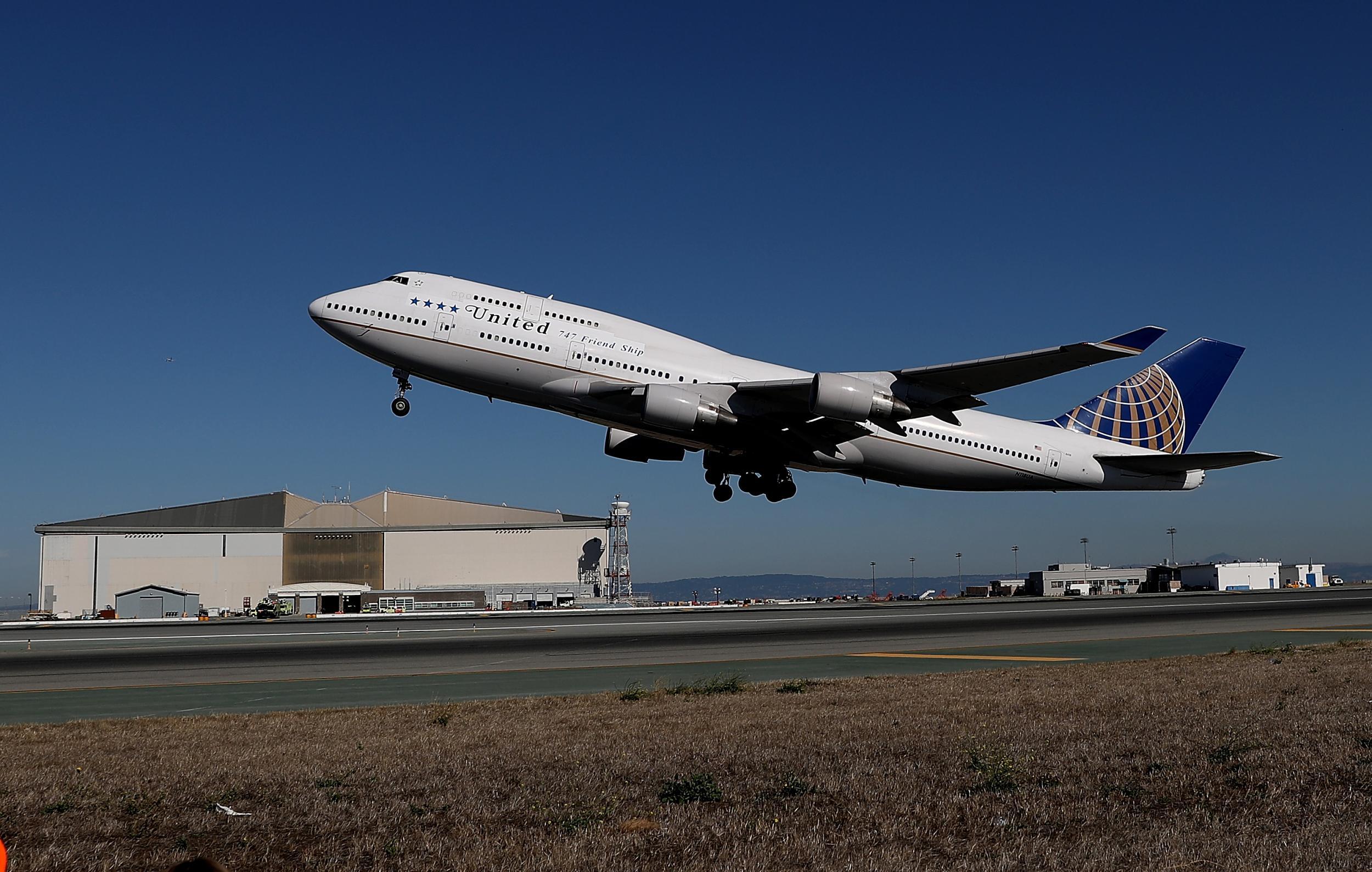White House accuses China of 'Orwellian nonsense' over airline rules
Chinese authorities ask airlines to change references to Taiwan, Hong Kong, and Macau

Your support helps us to tell the story
From reproductive rights to climate change to Big Tech, The Independent is on the ground when the story is developing. Whether it's investigating the financials of Elon Musk's pro-Trump PAC or producing our latest documentary, 'The A Word', which shines a light on the American women fighting for reproductive rights, we know how important it is to parse out the facts from the messaging.
At such a critical moment in US history, we need reporters on the ground. Your donation allows us to keep sending journalists to speak to both sides of the story.
The Independent is trusted by Americans across the entire political spectrum. And unlike many other quality news outlets, we choose not to lock Americans out of our reporting and analysis with paywalls. We believe quality journalism should be available to everyone, paid for by those who can afford it.
Your support makes all the difference.The White House has dismissed China's attempts to change how American airlines refer to Taiwan, Hong Kong, and Macau in their public materials as “Orwellian nonsense”.
The Chinese Civil Aviation Administration has asked 36 foreign air carriers – including a number of American airlines – to refrain from referring to the three destinations as separate countries. China considers Taiwan a province, and Hong Kong and Macau as largely self-governing parts of the country.
“This is Orwellian nonsense and part of a growing trend by the Chinese Communist Party to impose its political views on American citizens and private companies,” White House Press Secretary Sarah Huckabee Sanders said in a statement.
China sent letters to American Airlines and United Airlines last month, telling them to remove all “separatist” rhetoric from their public-facing documents or face punishment from “relevant cyber-security authorities,” according to Foreign Policy.
Ms Sanders slammed the letters as a form of mandated political correctness – something she said Mr Trump had run against during his campaign for president.
“[Mr Trump] will stand up for Americans resisting efforts by the Chinese Communist Party to impose Chinese political correctness on American companies and citizens,” she said.
As of Sunday, American Airlines still did not mention China in its listings for the three destinations. Representatives from American and United did not immediately respond to a request for comment.
Several international companies – including at least one US airline – have already changed how they refer to the regions, under pressure from Beijing. Zara, Qantas, and Delta Air Lines all pulled references to Taiwan as a separate country from their websites in January, after being publicly reprimanded by Chinese authorities.
That same month, Beijing took down the website for Marriott Hotels & Resorts in China for a week after the company listed Taiwan and Tibet as separate countries in a survey. Marriott apologised and cut ties with the contractor responsible for the survey.
Saturday's statement from the White House came as US Treasury Secretary Steve Mnuchin returned from a trip to negotiate trade with China. Mr Trump has threatened the country with $100bn in tariffs if they do not acquiesce to his demands, sparking fear of a trade war between the two nations.
In his negotiations this week, Mr Mnuchin demanded a $200bn cut in the Chinese trade surplus with the US, along with lower tariffs and advanced technology subsidies, according to Reuters. Mr Mnuchin said on Friday that the two countries were "having very good conversations".
The news also comes amid increased tensions between the US and China over the militarisation of the South China Sea.
China has reportedly deployed its first missile to the Spratly Islands – fortified outposts west of the Phillipines, over which several countries claim sovereignty. Ms Sanders said last week that the White House was “well aware” of the move, and that China would face “near-term and long-term consequences”.
Subscribe to Independent Premium to bookmark this article
Want to bookmark your favourite articles and stories to read or reference later? Start your Independent Premium subscription today.
Join our commenting forum
Join thought-provoking conversations, follow other Independent readers and see their replies
Comments